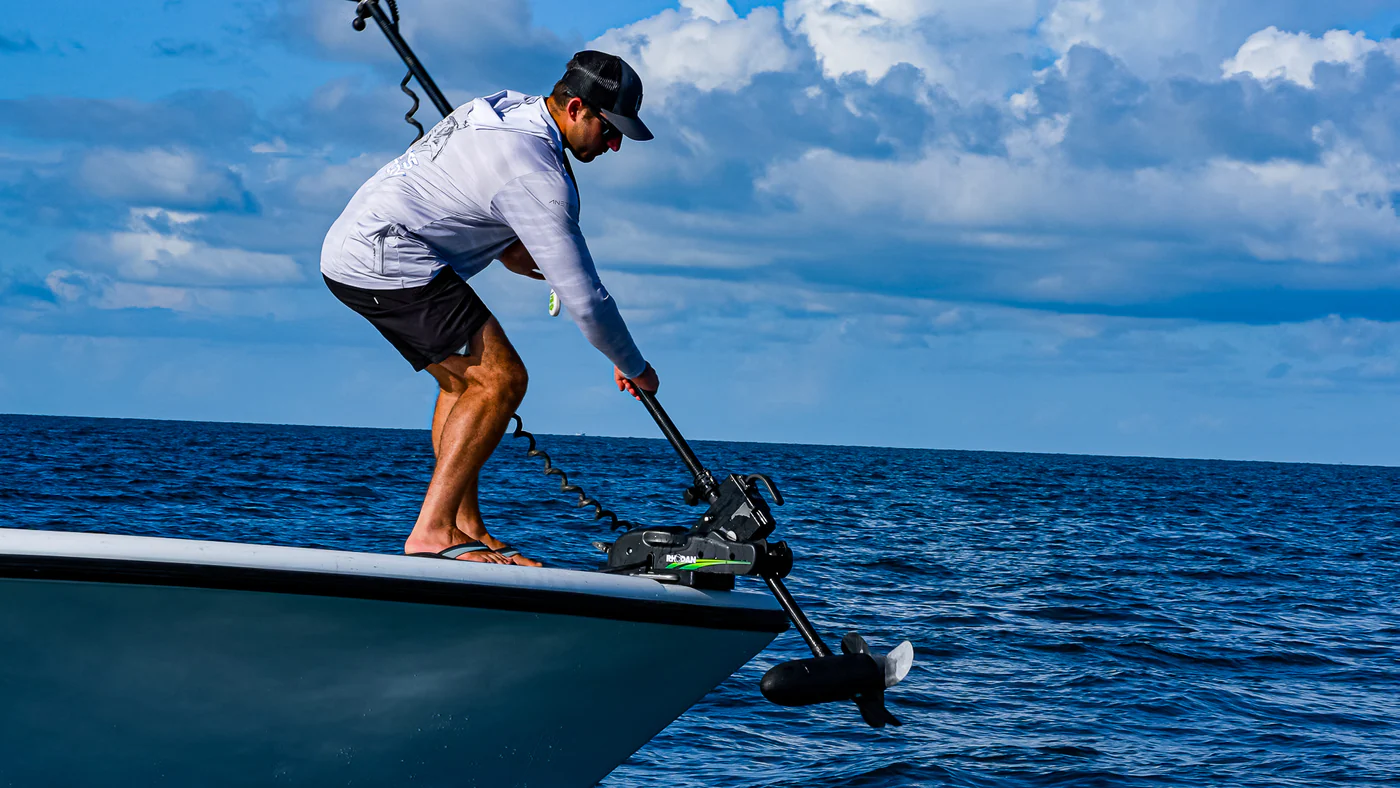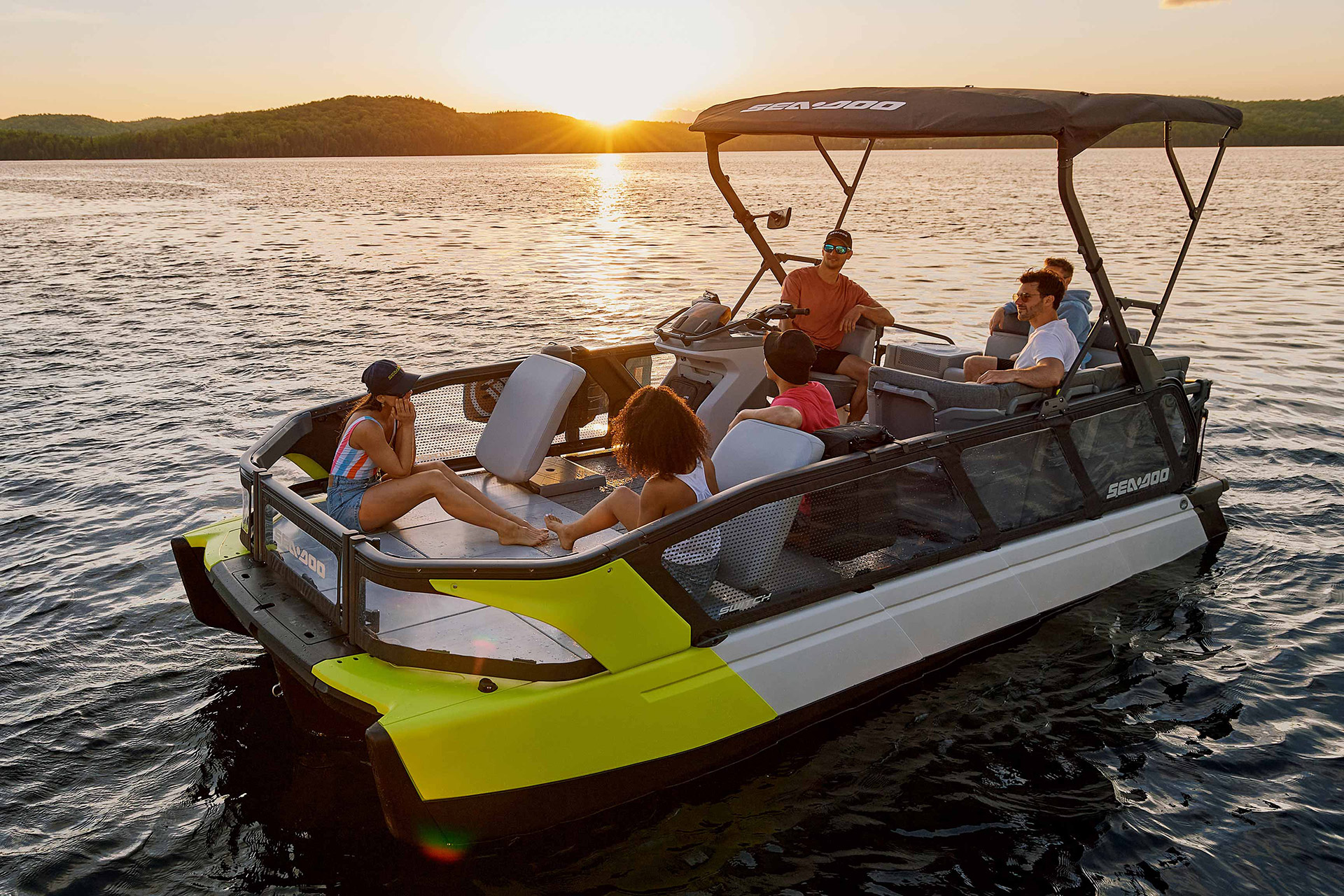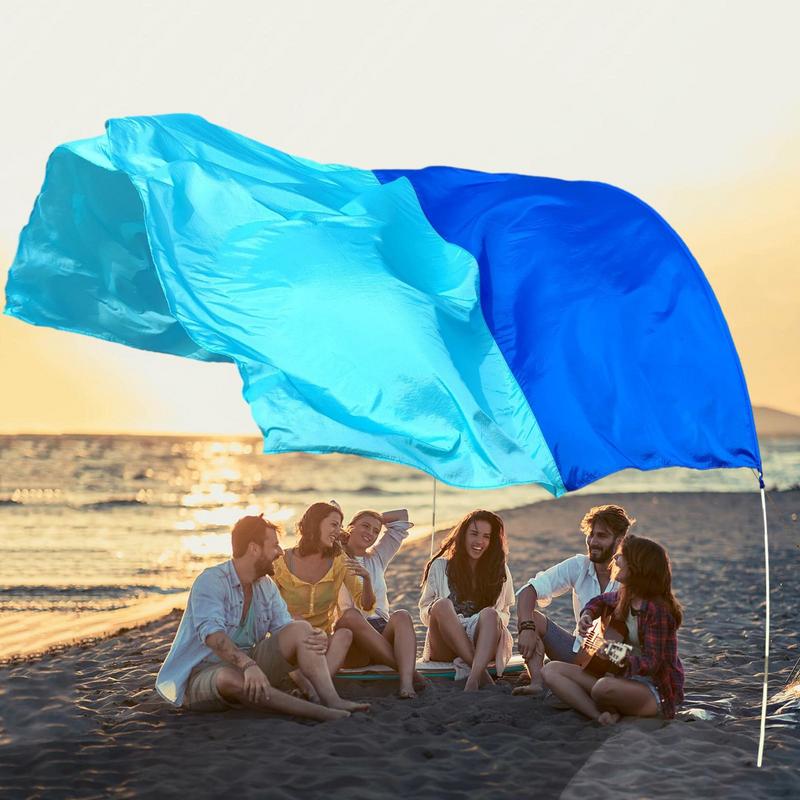GA DNR Boat Registration: Essential Steps and Information
The Georgia Department of Natural Resources (DNR) is responsible for managing the state's wildlife and natural resources. Among its many responsibilities, the DNR oversees the boat registration process for the state of Georgia.

Registering your boat with the GA DNR is an essential step for boat owners, as it ensures public safety, environmental conservation, and assists in managing Georgia's water resources.
To register a boat in Georgia, owners can choose from multiple options such as online registration, registering by phone, or mail. The online registration offers a convenient and efficient way to register your vessel or renew the registration.
Owners can also access various services and forms related to boat registration through the Department of Natural Resources Division.

It's essential to keep the certificate of boat registration on board and comply with the required equipment checklist provided by the DNR.
GA DNR boat registration fees vary based on the length of the boat. It's important to stay up-to-date with the latest fees, requirements, and regulations managed by the DNR, as they work diligently to preserve Georgia's wildlife resources and natural habitats for future generations.
Eligibility and Requirements
License and Identification
To register a boat in Georgia, one must have a valid Georgia Department of Natural Resources license. The boat owner must also provide proof of identification to ensure they are compliant with Georgia law.
Acceptable identification documents include a U.S. driver's license, non-U.S. driver's license, green card, passport, or U.S. travel visa. Boat owners are required to provide their Social Security number or customer account number when registering their vessel.
Boat Owner Information
It is crucial for boat owners to provide accurate and up-to-date information during the registration process. The following details must be submitted:
- Name: The full legal name of the boat owner.
- Address: The current residential address of the boat owner, including street, city, state, and zip code.
- Contact Information: The boat owner's phone number and email address.
- Identification: A clear and legible copy of the boat owner's identification document (driver's license, green card, passport, or U.S. travel visa).
By providing complete and accurate boat owner information, registrants can ensure a smooth and timely registration process with the Georgia Department of Natural Resources. Proper registration not only helps maintain compliance with state laws but also supports the responsible use and enjoyment of Georgia's waterways.
Registration Process
Application Submission
To begin the Georgia boat registration process, applicants must submit a Georgia Vessel Registration Application.
There are several ways to submit the application: online through the Georgia Department of Natural Resources' Go Outdoors Georgia portal, by emailing a copy of the required documents to customer service, by faxing documents, or by mailing the forms directly.
Payment and Fees
Registration fees for Georgia boat registration are determined by the length of the boat. For instance, boats shorter than 16 feet in length require a $35 fee.
The payment for registration fees can be made online, over the phone, or through mail, depending on the method chosen for application submission.
Documentation and Decals
In addition to the completed Georgia Vessel Registration Application, applicants must also provide a bill of sale and the Hull Identification Number (HIN) of the boat.
Once the registration is approved, boat owners will receive a registration card and a boat decal.
The registration card must be kept aboard the boat at all times, and the boat decal should be displayed on the vessel according to the guidelines provided by the Georgia Department of Natural Resources.
Registration Management
Transfer and Renewal
When it comes to GA DNR boat registration, transferring the ownership and renewing the registration are important processes.
To transfer the boat registration, the new owner must submit an application to the Georgia Department of Natural Resources within 15 days of the sale or transfer.
Renewing your boat registration can also be completed through the same vessel registration and renewal portal.
The online renewal process is efficient and user-friendly. Boat owners should be prepared to provide the required information, such as their customer identification number and boat registration number.
In case a boat owner does not renew the registration in time, a temporary boat registration is not available.
Lost or Damaged Credentials
In case of lost or damaged credentials, the boat owner should request a duplicate boat registration certificate.
The process for obtaining a duplicate certificate involves using the vessel registration and renewal portal and providing necessary information such as the boat's Hull Identification Number (HIN) and owner's customer account.
Boat owners are also required to notify the GA DNR if they choose to abandon, destroy, or lose their boat. This is to ensure the records remain up-to-date, and to maintain accurate information within the boat registration system.
Types of Vessels and Propulsion Systems
Mechanically-Propelled Vessels
Mechanically-propelled vessels are boats that use engines or motors as their primary source of propulsion. These boats typically have an onboard or external combustion engine, driving a propeller or jet drive. Examples of mechanized vessels include motorboats, personal watercraft, and jet skis.
When registering a mechanically-propelled vessel in Georgia, make sure to follow the guidelines provided by the Georgia Department of Natural Resources.
The registration process differs based on factors such as vessel length and whether the boat is new or used. Keep in mind that the registration fees also vary depending on these factors.
- Motorboats
- Personal watercraft
- Jet skis
| Length | Registration Fees |
|---|---|
| Less than 16 feet | $15 |
| 16 feet to less than 26 feet | $36 |
| 26 feet to less than 40 feet | $90 |
| 40 feet and above | $150 |
Non-Motorized Vessels
Non-motorized vessels are boats that do not rely on engines or motors for propulsion. They are typically powered by human effort, wind, or water currents.
Common types of non-motorized vessels include sailboats, canoes, kayaks, rowboats, and rubber rafts.
While the Georgia DNR does not require the registration of non-motorized vessels, it's always good practice to keep records of ownership and know the basic safety regulations.
For example, the Georgia DNR might require personal flotation devices (PFDs) and signaling devices for nighttime visibility for certain non-motorized vessels on state waters.
Use of Georgia's Waters
Boating Laws and Regulations
Georgia's Department of Natural Resources (DNR) oversees the boat registration process and enforces the boating laws and regulations on the waters of this state.
Boaters must adhere to the rules and maintain the necessary documentation and registration numbers, which should be affixed to their vessels.
These regulations apply to public lakes and rivers, but not to private ponds or lakes that are not open to public use.
The laws set by the DNR include safety requirements, proper operation, and restrictions on the types of vessels allowed on Georgia's waters.
Water Safety and Inspections
DNR also emphasizes water safety and conducts regular inspections on vessels to ensure that everyone enjoys Georgia's beautiful waterways in a safe and responsible manner.
Boaters should familiarize themselves with the boating rules and regulations set forth by the DNR, and must abide by them at all times.
The inspections carried out by the DNR include checking the proper affixation of registration numbers on vessels and the mandatory safety equipment on board, such as life jackets, fire extinguishers, and signaling devices.
Additional Resources
Wildlife Resources Division Services
The Wildlife Resources Division offers a variety of services related to hunting, fishing, and outdoor recreation in Georgia.
In addition to GA DNR boat registration, the division manages state parks, issues licenses and permits for hunting and fishing, and provides access to various volunteer opportunities.
Explore the state parks of Georgia, where you can find recreational activities, trails, and educational programs for visitors of all ages.
For anglers and hunters, stay up-to-date with the latest rules, regulations, and available licenses through the Wildlife Resources Division website.
Support and Help Resources
In case you need assistance with boat registration or related services, Georgia DNR offers multiple ways to find support.
The help desk can be contacted at 1-800-366-2661 to speak to a representative about boat registration, dealer's invoice, titles, and more.
They provide valuable information on boat registrations, including online and mail registration options.
Additionally, if you're interested in specific services or support from dealers, check out Georgia's registered boat dealers for professional guidance and advice.
Keep in mind that you must report any sale, transfer, or ownership changes of your boat to the Georgia Department of Natural Resources to ensure your registration remains up-to-date and compliant with state regulations.
Ownership and Transaction Records
Bill of Sale and Proof of Ownership
When registering a boat with the Georgia Department of Natural Resources, a crucial document to provide is the bill of sale and proof of ownership.
The bill of sale must contain essential information, such as the boat's make, model, year, hull identification number (HIN), and the purchase price.
In cases where an owner cannot obtain a bill of sale, they may use an Affidavit of Vessel Ownership instead, ensuring all relevant details are included.
It's vital to provide precise records, as they may impact taxes, transaction history, and future transactions involving the boat.
Moreover, if the boat was previously registered in another state, the new owner has 60 days to register it in Georgia after bringing the boat into the state.
Taxes and Transaction History
Maintaining accurate transaction records in the State of Georgia is crucial for several reasons, such as calculating taxes and ensuring a smooth registration process.
In Georgia, boat owners are eligible for tax credits if they can provide proper documentation, including bills of sale and proof of ownership.
Furthermore, correct transaction records may also grant boat owners exemption from state sales and use tax for previously paid taxes in another state.
Additionally, a power of attorney may be required if someone other than the current boat owner is handling the registration process.
This authorization allows the third party to submit documents, provide signatures, and collect the registration on behalf of the owner.
Licensing and Endorsements
Fishing and Hunting Licenses
In Georgia, both residents and non-residents are required to obtain a fishing license and a hunting license depending on their intended activities.
Licenses can be purchased online, in-person, or via mail and telephone.
The Georgia Department of Natural Resources (DNR) offers various types of licenses, such as:
- Annual Licenses: Valid for one year from the date of purchase.
- Short-term Licenses: Available for a specified number of days (e.g. 3-day, 5-day, or 10-day options).
- Lifetime Licenses: Offered for Georgia residents, allowing lifetime hunting and fishing privileges.
Different categories of licenses are available depending on the applicant's age, military status, residency, and disability status.
Federal and State Stamps
Some activities may require additional endorsements in the form of Federal and State Stamps. These include:
- Federal Duck Stamp: Mandatory for all waterfowl hunters who are 16 years of age or older, regardless of residency.
- State Migratory Bird Stamp: Required in Georgia for hunting migratory birds, such as doves and ducks. This stamp can be purchased along with a hunting license.
- Trout Stamp: Needed for those who plan to fish for or possess trout.
It's essential to be aware of the license requirements-exceptions] specific to your intended activities and location.
Note that some groups, such as residents aged 16 years or younger, senior citizens, and military personnel on leave, may qualify for free licenses or exemptions. Make sure to check for these exceptions to ensure compliance with Georgia's DNR regulations.
Community and Environmental Impact
Conservation Efforts
The Georgia Department of Natural Resources (DNR) plays a vital role in the conservation of the state's wildlife resources and natural resources.
This includes the implementation of regulations that promote environmental protection, such as the Georgia Estuarine (Marine) Anchoring Law, which helps maintain the health of the coastline and its biodiversity.
With more than 105 miles of coastal shoreline, these efforts are essential to preserve the state's ecological balance.
Some of the activities that benefit from DNR's conservation motion include:
- Boating: The DNR ensures boating regulations and safety measures are properly implemented, helping to maintain the integrity and well-being of Georgia's waterways.
- Saltwater fishing: By promoting sustainable fishing practices, the DNR contributes to maintaining marine life populations and preserves Georgia's coast.
- Shooting range: The state agency manages various shooting ranges across Georgia; this supports responsible hunting and firearm use.
Educational and Recreational Opportunities
DNR's work also encompasses the creation of numerous educational and recreational opportunities, thus improving quality of life for Georgians.
With 151 boat ramps available for use, the state welcomes countless boating enthusiasts who wish to explore its vast natural resources.
Simultaneously, visitors are encouraged to visit wildlife management areas and public fishing areas, promoting responsible interaction with the environment.
Some key offerings by the DNR include:
- State Parks: Georgia's state parks offer a diverse array of recreational activities such as hiking, camping, and birdwatching, connecting people with nature.
- Boat Ramp: The DNR encourages individuals to utilize designated boat ramps, which are maintained for public use. This promotes safer access points and environmental protection.
- Educational programs: Georgia DNR sponsors various conservation programs, workshops, and initiatives, targeting different age groups and interests to raise environmental awareness among Georgians.
Frequently Asked Questions
How can I renew my boat registration with the Georgia DNR?
To renew your boat registration with the Georgia Department of Natural Resources (DNR), you can do so online.
You may be required to pay a transaction fee. If you have questions about the renewal process, you can contact the DNR at 1-800-366-2661.
What documents are required for registering a boat in Georgia?
When registering a boat in Georgia, you'll need the following documents:
- Completed boat registration application
- Proof of ownership (bill of sale, title, or certification letter)
- Proof of payment of sales tax
For more information on the registration process and required documentation, visit the Georgia DNR website.
How do I transfer ownership of a boat in Georgia?
To transfer ownership of a boat in Georgia, the seller must provide the buyer with a signed and notarized bill of sale as well as the current registration.
The buyer will then need to submit a boat registration application, the bill of sale, and the required fees to the DNR. Check the Georgia DNR website for more detailed information on the process.
What is the process for checking my boat registration status in Georgia?
To check your boat registration status in Georgia, you can call the DNR at 1-800-366-2661.
You may be asked to provide your registration number or other identifying information.
Where can I find the contact information for the Georgia DNR boat registration office?
The contact information for the Georgia DNR boat registration office can be found on their website.
You can also reach them by phone at 1-800-366-2661 or by mail at:
Georgia Department of Natural Resources P.O. Box 934943 Atlanta, GA 31193-4943
What is the procedure for replacing a lost or damaged boat registration in Georgia?
If your boat registration is lost or damaged, you can request a replacement from the Georgia DNR by calling 1-800-366-2661 or by submitting a written request.
Include your registration number, the necessary documentation, and applicable fees in your request.
Charlie is Editor-in-Chief of Sea Magazine







